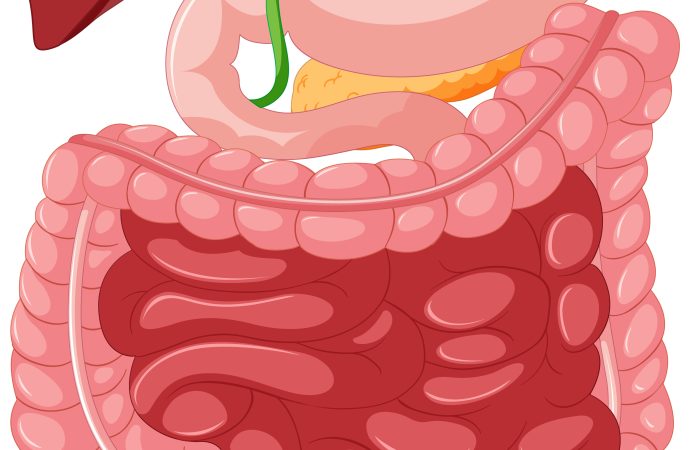As the saying goes, “you are what you eat.” This phrase holds true, especially when it comes to gut health. The food we consume plays a vital role in our digestive system and can either alleviate or cause intestinal pain. In this article, we will explore the link between your diet and intestinal pain. Intestinal
As the saying goes, “you are what you eat.” This phrase holds true, especially when it comes to gut health. The food we consume plays a vital role in our digestive system and can either alleviate or cause intestinal pain. In this article, we will explore the link between your diet and intestinal pain.
Intestinal pain is a common problem affecting millions of people worldwide. It is often associated with digestive disorders like Irritable Bowel Syndrome (IBS), Crohn’s Disease, and Ulcerative Colitis. However, not all intestinal pain is related to these conditions. Sometimes, it can be caused by food intolerances, poor diet, or even stress.
One of the primary causes of intestinal pain is the consumption of processed foods. These foods contain high levels of preservatives, additives, and artificial sweeteners, all of which can disrupt the natural balance of bacteria in the gut. When this happens, it can lead to inflammation, gas, and bloating, resulting in intestinal pain.
Another factor that can contribute to intestinal pain is a diet low in fiber. Fiber is essential for maintaining healthy bowel movements and preventing constipation. Without enough fiber in your diet, your stool can become hard and difficult to pass, causing pain and discomfort.
On the other hand, a diet high in fiber can help alleviate intestinal pain. Foods like fruits, vegetables, whole grains, and legumes are all excellent sources of fiber. They promote regular bowel movements, prevent constipation, and help keep the gut healthy.
Moreover, consuming probiotics can also help alleviate intestinal pain. Probiotics are live bacteria that promote a healthy gut microbiome. They can be found in foods like yogurt, kefir, and fermented vegetables like sauerkraut. Probiotic supplements are also available in the market, but it’s always best to consult a healthcare professional before taking any.
In conclusion, what you eat can significantly impact your gut health and cause or alleviate intestinal pain. A diet rich in whole foods, fiber, and probiotics can help promote a healthy gut microbiome and prevent digestive problems. On the other hand, a diet high in processed foods and low in fiber can cause inflammation, gas, and bloating, leading to intestinal pain. If you’re experiencing persistent intestinal pain, it’s always best to consult a healthcare professional to rule out any underlying conditions.

















Leave a Comment
Your email address will not be published. Required fields are marked with *